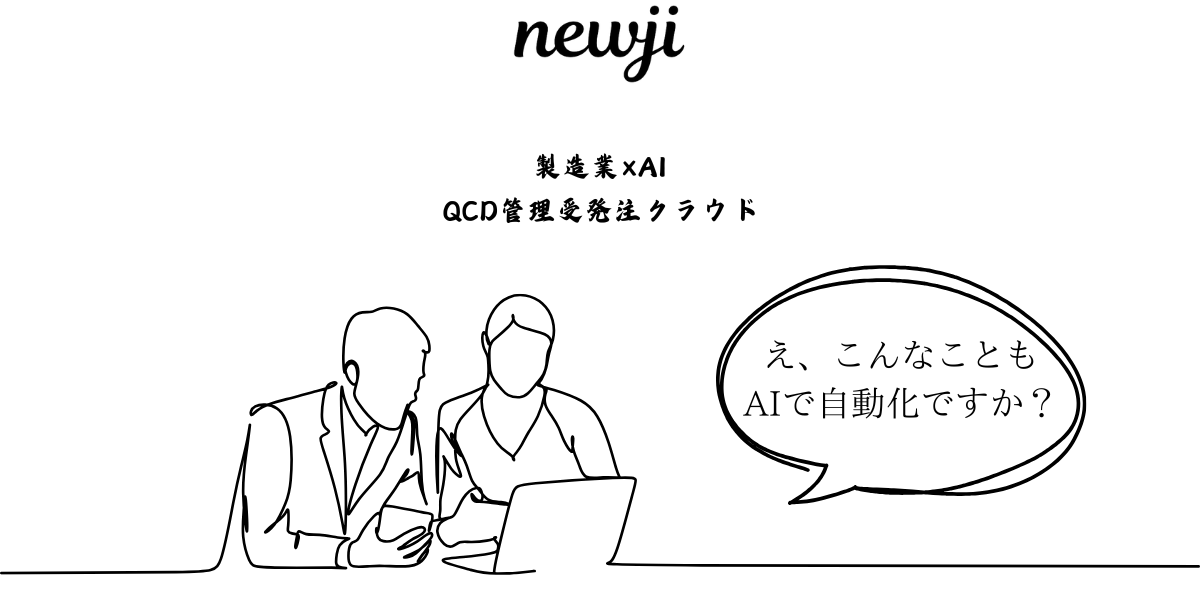- お役立ち記事
- Practical Course on Sustainable Procurement

Practical Course on Sustainable Procurement

Sustainable procurement is an approach to purchasing that considers the environmental, social, and economic impact of goods and services.
In today’s global economy, making mindful purchasing decisions is crucial for fostering long-term sustainability.
This practical course on sustainable procurement aims to help organizations and individuals understand and implement responsible purchasing practices.
目次
Understanding Sustainable Procurement
Sustainable procurement is more than just buying eco-friendly products.
It involves evaluating the entire life cycle of a product, including its creation, use, and disposal.
This approach ensures that the procurement process contributes positively to the environment, society, and economy.
Environmental Impact
When making purchasing decisions, it is essential to consider the environmental impact.
This includes assessing the carbon footprint, energy consumption, and the resources used in the production process.
Look for products made from recycled or renewable materials, and prefer suppliers who adhere to environmentally friendly practices.
Social Impact
Sustainable procurement also involves social considerations.
This means ensuring that suppliers follow ethical labor practices, provide fair wages, and respect human rights.
By supporting companies that prioritize social responsibility, you contribute to a more equitable and just society.
Economic Impact
A sound sustainable procurement strategy also examines the economic aspects.
This means considering the cost-effectiveness of products, their longevity, and the value they offer over time.
Sustainable procurement aims to balance cost with quality while maximizing long-term value.
Developing a Sustainable Procurement Strategy
Creating a sustainable procurement strategy requires careful planning and commitment.
Follow these steps to develop an effective strategy:
Set Clear Objectives
Define your sustainability goals and objectives.
This may include reducing your carbon footprint, minimizing waste, or supporting ethical suppliers.
Clear objectives will guide your procurement decisions and help you measure progress.
Conduct a Supplier Assessment
Evaluate potential suppliers based on their environmental and social practices.
This may involve reviewing their certifications, conducting audits, or seeking references.
Select suppliers who align with your sustainability goals and demonstrate a commitment to responsible practices.
Implement Life Cycle Cost Analysis
Consider the total cost of ownership when making purchasing decisions.
This includes not only the initial purchase price but also maintenance, disposal costs, and potential environmental impacts.
Using life cycle cost analysis will help you choose products that offer long-term value and contribute to sustainability.
Engage Stakeholders
Involve key stakeholders in your sustainable procurement strategy.
This includes employees, suppliers, customers, and investors.
Engagement ensures that everyone understands the importance of sustainable procurement and collaborates towards common goals.
Measuring Success in Sustainable Procurement
To ensure the effectiveness of your sustainable procurement strategy, it is vital to measure and track progress.
Establish Key Performance Indicators (KPIs)
Identify KPIs that align with your sustainability objectives.
This may include metrics like the reduction in carbon footprint, the percentage of eco-friendly products purchased, or the number of ethical suppliers engaged.
Regularly Review and Adjust
Periodically review your procurement practices and assess their impact.
Make adjustments as needed to address any challenges and capitalize on new opportunities.
This iterative process ensures continuous improvement in your sustainable procurement efforts.
Benefits of Sustainable Procurement
Adopting sustainable procurement practices offers various advantages:
Environmental Benefits
By selecting environmentally friendly products and suppliers, you contribute to reducing pollution, conserving resources, and combating climate change.
Social Benefits
Supporting ethical suppliers helps promote fair labor practices and improve working conditions worldwide.
It also enhances your organization’s reputation as a socially responsible entity.
Economic Benefits
Sustainable procurement can lead to cost savings through more efficient use of resources, reducing waste, and selecting products with longer life spans.
Challenges in Sustainable Procurement
Despite its benefits, sustainable procurement may present challenges:
Higher Initial Costs
Eco-friendly products or ethical suppliers may sometimes come with a higher price tag.
However, considering the long-term benefits and total cost of ownership can offset initial expenses.
Lack of Awareness
Some organizations and individuals may not fully understand the importance of sustainable procurement.
Education and awareness campaigns can help bridge this gap and encourage more people to adopt responsible purchasing practices.
Complex Supply Chains
Assessing and managing the sustainability of suppliers can be challenging, especially for organizations with complex supply chains.
Developing strong relationships with suppliers and using technology for better visibility can help address these issues.
Conclusion
Sustainable procurement is a critical component of responsible business practices.
By considering the environmental, social, and economic impacts of purchasing decisions, organizations and individuals can contribute to a more sustainable future.
Implementing a sustainable procurement strategy involves setting clear goals, assessing suppliers, and engaging stakeholders.
Measuring success through KPIs and regular reviews ensures continuous improvement.
Despite challenges like higher initial costs and complex supply chains, the benefits of sustainable procurement make it a worthwhile endeavor.
By embracing sustainable procurement, you make a positive impact on the planet, society, and economy for generations to come.
 資料ダウンロード
資料ダウンロード
QCD調達購買管理クラウド「newji」は、調達購買部門で必要なQCD管理全てを備えた、現場特化型兼クラウド型の今世紀最高の購買管理システムとなります。
 ユーザー登録
ユーザー登録
調達購買業務の効率化だけでなく、システムを導入することで、コスト削減や製品・資材のステータス可視化のほか、属人化していた購買情報の共有化による内部不正防止や統制にも役立ちます。
 NEWJI DX
NEWJI DX
製造業に特化したデジタルトランスフォーメーション(DX)の実現を目指す請負開発型のコンサルティングサービスです。AI、iPaaS、および先端の技術を駆使して、製造プロセスの効率化、業務効率化、チームワーク強化、コスト削減、品質向上を実現します。このサービスは、製造業の課題を深く理解し、それに対する最適なデジタルソリューションを提供することで、企業が持続的な成長とイノベーションを達成できるようサポートします。
 オンライン講座
オンライン講座
製造業、主に購買・調達部門にお勤めの方々に向けた情報を配信しております。
新任の方やベテランの方、管理職を対象とした幅広いコンテンツをご用意しております。
 お問い合わせ
お問い合わせ
コストダウンが利益に直結する術だと理解していても、なかなか前に進めることができない状況。そんな時は、newjiのコストダウン自動化機能で大きく利益貢献しよう!
(Β版非公開)

